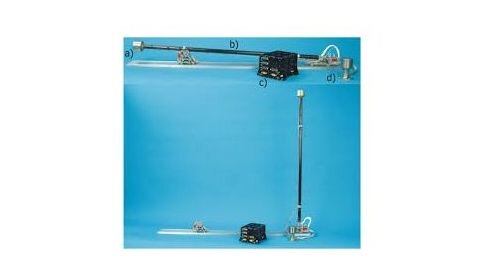Space weather forecasting with almost any spacecraft
Space weather events happen on a regular basis and refer to changes in the earth's ionosphere, magnetosphere and thermosphere that are mainly caused by the sun.
This solar influence ranges from solar eruptions to geomagnetic storms. Events of a certain magnitude can severely affect our life on Earth as they can disrupt our telecommunication, satellite navigation and even our ground power distribution systems.
Magnetic field measurements in space contribute to our understanding of the solar–terrestrial interactions and on space weather in particular. However, only a few dedicated satellites, such as Ulysses, Swarm, Proba 2 and Cluster, have been equipped with science class magnetometers to probe the solar influence on Earth's magnetic environment so far.

Magnetometers are frequently installed on board spacecraft, mainly for attitude sensing and sometimes for electromagnetic diagnosis. If one could exploit these magnetometers for space weather observations it would boost the amount of data available tremendously.
Therefore the GSP opened a tender to investigate the possibility of using platform magnetometers (i.e., magnetometers that were not primarily intended to measure the ambient magnetic field) for space weather observations or monitoring.
One test case is the exploitation of the Lisa Pathfinder magnetometers to potentially detect the solar wind magnetic field.
The study will investigate the capability of the available platform magnetometers and the possible necessary changes that would need to be made to exploit such instruments for space weather monitoring.
For more information please contact: alain.hilgers @ esa.int
Background information on the above-mentioned projects can be found right, under the related articles linklist.




